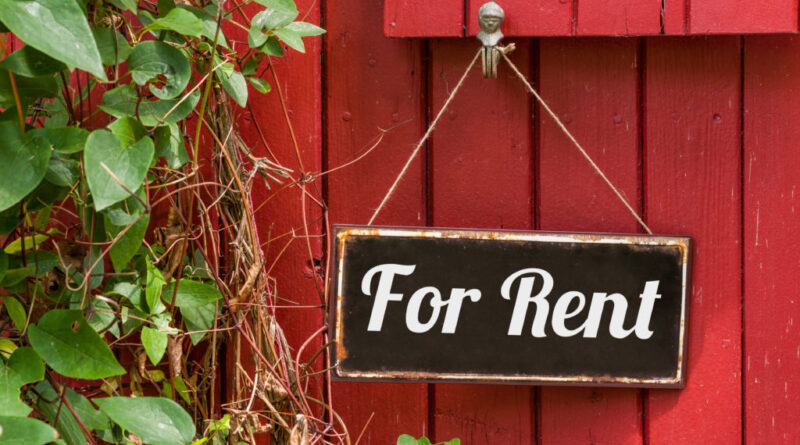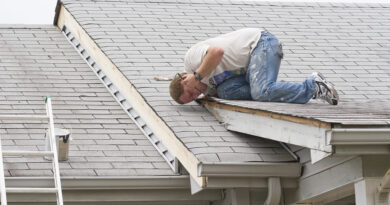Guide to Preparing to Become a Renter
out and getting a place of your own is one of the most important steps toward maturity that every young person experiences. Renting may not immediately seem like a direct step towards owning a house, but it can be quite helpful when you’re ready for property ownership. Reliable mortgage lenders will be very impressed by the good credit score generated from being a consistent renter and they may even be more likely to pre-approve you.
There are many advantages to renting. You are not responsible for expensive property taxes which can allow you to live in an affluent area and the ease of having a limited-time lease can allow you to move with ease. Having a landlord also means that there is someone to turn to if anything breaks down and most times if you did not cause it, you may not even have to pay for the repairs.
It sounds like renting is a no-brainer but it still requires you to do research so that you know what to expect. Make sure that you understand all the responsibilities that go along with renting and signing a lease before you take it on. That is the best way to avoid unpleasant surprises and have a pleasant experience as a tenant.
Research the Neighborhood
A good neighborhood is a perception that depends heavily on the needs of the person who is thinking of renting. An expensive rental fee in a high-crime neighborhood is a waste of money. But a shoebox apartment in the city center might not be conducive to relaxation is it is not properly insulated or free of sound pollution.
The local amenities matter a great deal as well. A place that is conveniently located near to grocery stores, restaurants, cafes, and public transport is great for a student or young adult without personal transport.
A more suburban area might be good for someone looking for more peace and quiet, as long as there are gas stations at a reasonable distance from the property. Vehicle parking laws and fees as well as gyms and convenience stores can also make a property that is best reached by car more desirable. Looking into the area as opposed to just the property will help you to consider whether it is worth the hassle of the move and the cost of living.
Read and Sign a Lease
Renting from someone you know may cause you to believe that a handshake agreement is enough. But you need a binding legal document to protect you as you can never know what may happen in the course of living in a property. Lease agreements not only help to protect you from being liable for fines, fixing fees, and breakage, they can also help you to get your money back in the event that your landlord fails to hold up their responsibilities.
A lease can not only help you to understand your rights as a renter, it can also help you to know when and how to pay your rent, how much time is allowed to pass before you get back your security deposit, and whether you are allowed to have pets. These can greatly affect the quality of life you have at the property and is important to find out beforehand.
Always keep your copy of the lease easily available and give it a read every few months to ensure that you are receiving exactly what you pay for from the landlord.
Inspect the Property Before Signing the Lease
Once you have narrowed it down to a few places that you like, it is time to do due diligence. You may have thought that getting a property inspection is only for buying a house, but it can help you to ensure that you are renting a reliable place. Get a home inspector to look through the house and note everything that could cause issues. Even if you are renting a room, you will be affected by any issues with the plumbing or in the kitchen.
Follow the inspector during the inspections and tale pictures of scuff marks, any damage no matter how slight, and any preexisting damage. Have the inspector write a report and attach your pictures before submitting to the landlord or property agents.
A good landlord or agent will appreciate your diligence and you may be able to negotiate a lower rent fee considering the state of the property. Alternatively, they may offer to fix up the place ahead of your move-in date. Either way, you will ain the advantage of the situation.
Be sure to keep the pictures and the inspectors report as you may need to refer to them when you are ready to move out.
While your landlord is responsible for fixing plumbing issues or replacing broken fixtures, there are still a myriad of unfortunate situations that can happen when you’re living alone. Natural disaster and theft are just two situations that can cause you to lose a lot and rack up high bills.
The landlord may be able to fix the damage to the building with his insurance, but renters insurance is what will allow you to replace your personal items that were stolen or damaged. Make sure to get the kind of insurance that covers fire, theft, and water damage as well. Winters are unpredictable and a good insurance policy will allow you to be prepared for all kinds of weather.




